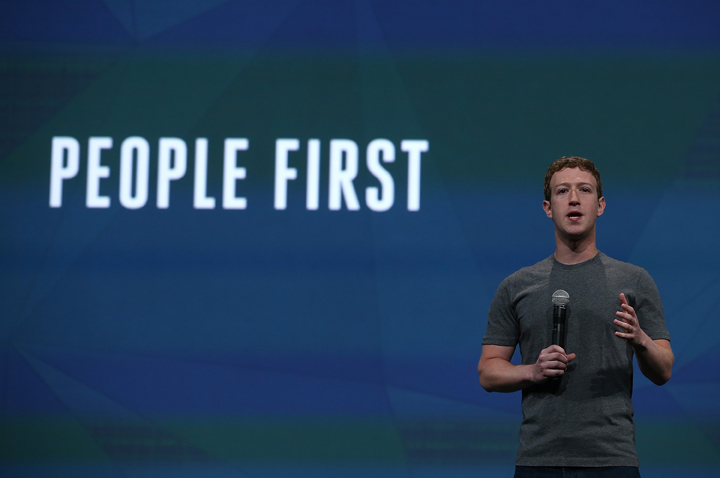TORONTO – Facebook has unveiled plans to scale up its free mobile Internet service to mark the one-year anniversary of the Internet.org initiative.

In a blog post marking the anniversary, the social networking giant announced it will now allow any mobile operator to offer the service through its Internet.org platform. Until now, Facebook only partnered with specific mobile operators in specific regions to launch Internet.org.
The service enables free mobile Internet access to a selection of websites – such as BBC News and Wikipedia – as well as access to Facebook’s website and messaging services with no data charges.
Facebook has worked with more than a dozen mobile operators across 17 countries over the past year to deliver basic web services to people in emerging markets. The company said Monday the service is now available to more than a billion people.
Internet.org initially launched in Africa, but has since expanded to cover large areas in Pakistan, India and Indonesia.
“Internet.org brings new users onto mobile networks on average over 50 per cent faster after launching free basic services, and more than half of the people who come online through Internet.org are paying for data and accessing the Internet within the first 30 days,” read the blog.
“These points show that Internet.org is not only a successful tool in helping bring people online, but it is successful in showing people the value of the Internet and helping to accelerate its adoption.”
- Invasive strep: ‘Don’t wait’ to seek care, N.S. woman warns on long road to recovery
- Ontario First Nation declares state of emergency amid skyrocketing benzene levels
- Do Canadians have an appetite for electric vehicles? Experts are divided
- Nearly 200 fossil fuel, chemical lobbyists to join plastic treaty talks in Ottawa
READ MORE: How Facebook plans to use drones to connect the entire world to the web
But, Facebook has faced a lot of criticism over Internet.org’s roll-out.
When Facebook began rolling out the service in India in April it faced backlash from a number of leading technology and Internet firms, some of which pulled out of its partnership with the service.
Experts argued that Internet.org violates the principles of net neutrality, arguing that providing access to only some websites and services for free prevents users from have a free and open Internet.
Facebook CEO Mark Zuckerberg has disputed these claims, stating that some services on the web should be available for free in order to help those who are unable to afford access.
“We fully support net neutrality. We want to keep the Internet open. Net neutrality ensures network operators don’t discriminate by limiting access to services you want to use. It’s an essential part of the open Internet, and we are fully committed to it,” he wrote in a Facebook post addressing the Internet.org conflict in April.
“But net neutrality is not in conflict with working to get more people connected. These two principles — universal connectivity and net neutrality — can and must coexist.”




Comments